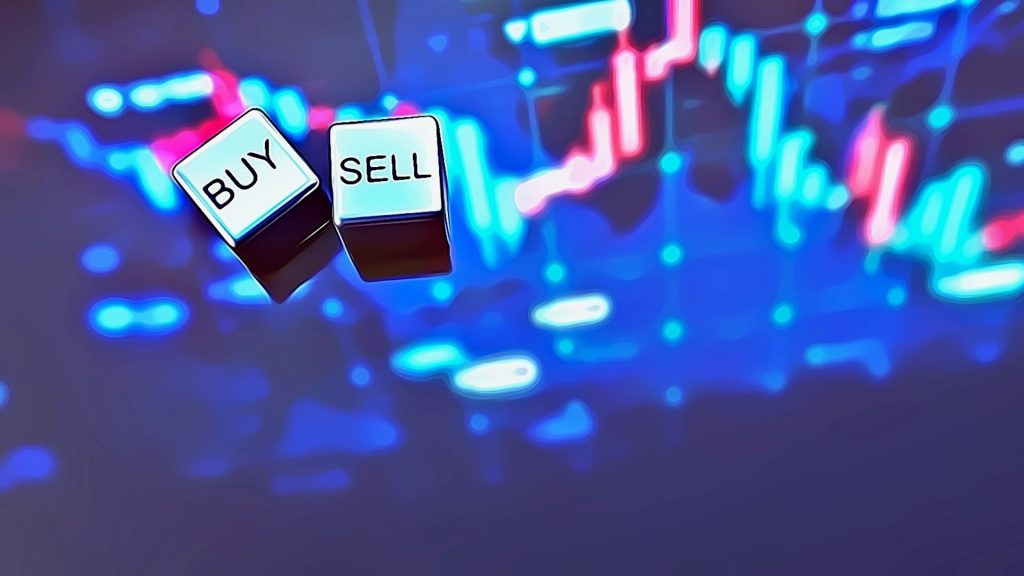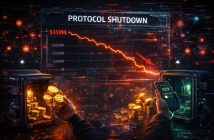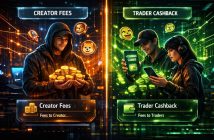According to data from CoinGecko, the United States led global interest in Real World Asset (RWA) tokenization in 2024, accounting for 14.8% of the narrative’s attention.
Following closely were Indonesia and Türkiye, representing 10.1% and 8.0% of global interest, respectively. This growing enthusiasm highlights the increasing adoption of blockchain technology to transform the way physical assets like real estate, commodities, and stocks are owned and traded.
Our latest study revealed that the US was most interested in RWA in 2024, accounting for 14.8% of global interest in the narrative.
Indonesia and Türkiye followed, representing 10.1% and 8.0% of global interest, respectively.
Read the full study: https://t.co/ddMaeDxgae pic.twitter.com/DKsZlZ483F
— CoinGecko (@coingecko) September 20, 2024
RWA tokenization is revolutionizing asset ownership by bringing real-world assets onto the blockchain. This process involves dividing an asset, such as a property, artwork, or building, into digital tokens. These tokens are then traded on decentralized exchanges, eliminating the need for traditional paperwork and intermediaries.
Forget the old way! RWA tokenization is transforming how we own assets using blockchain.⛓️ @RWA_Inc_
Imagine fractional ownership & easy trading of real estate, art, or even commodities!
1/5 pic.twitter.com/2L5vcmlnZx
— Brown 👑 (@Unyime1312044) September 21, 2024
RWAs Has So Many Good Sides
The advantages of RWA tokenization are significant. First, it offers transparency—anyone can see who owns what on the blockchain. Second, it provides liquidity, allowing token holders to sell their shares or assets at any time. Third, blockchain technology ensures security, keeping investments safe from fraud or tampering. Lastly, RWA tokenization promotes accessibility, allowing people from all over the world to invest in assets they previously wouldn’t have had access to.
➠𝗪𝗵𝗮𝘁 𝗶𝘀 𝗥𝗪𝗔?
RWAs are physical assets like real estate, commodities, or stocks that are tokenized and brought onto the blockchain
Think of it as turning something like property or a gold bar into a digital form that can be traded on platforms like cryptocurrencies. pic.twitter.com/3A5ouGm0am
— Nhuelz.defi🧱 (@SherpaNhuelz) September 20, 2024
For example, imagine a real estate property being tokenized into smaller digital pieces. Smart contracts—automated rules on the blockchain—govern the buying and selling of these tokens. Investors can easily trade these tokens on decentralized exchanges, bypassing the traditional paperwork and legal complexities that usually accompany such transactions.
With the potential to transform industries like art, commodities, and even securities, RWA tokenization is poised to redefine asset ownership and trading, making it more transparent, secure, and accessible to a global audience.
Disclosure: This is not trading or investment advice. Always do your research before buying any cryptocurrency or investing in any services.
Follow us on Twitter @nulltxnews to stay updated with the latest Crypto, NFT, AI, Cybersecurity, Distributed Computing, and Metaverse news!
Image Source: peshkov/123RF // Image Effects by Colorcinch




